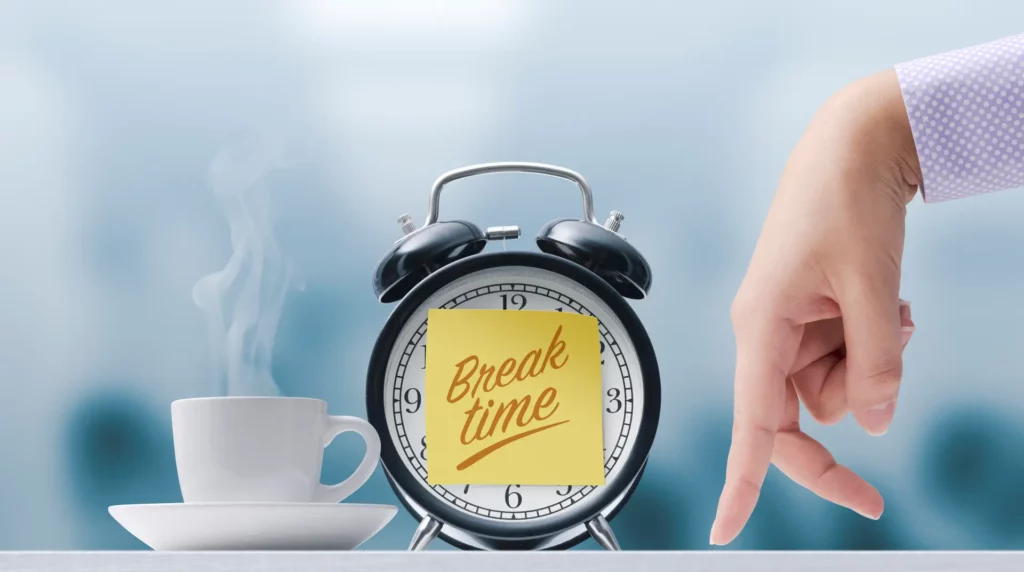
Brake: Slowing Down and Stopping
Brake primarily functions as a noun and a verb, referring to the mechanism used for slowing down or stopping movement:
- Mechanical Device: Describes the mechanical device in a vehicle that slows down or stops its movement.
Example: “He applied the brake to bring the car to a stop.” - Action of Slowing Down: Indicates the action of slowing down or stopping, typically while driving.
Example: “She had to brake suddenly to avoid the obstacle.” - Figurative Usage: Used figuratively to suggest slowing down or restraining a process or activity.
Example: “They decided to put the brake on their ambitious project.”
Break: To Separate or Shatter
Break, on the other hand, is a versatile word that serves as a verb and a noun, encompassing a range of meanings:
- Separation: Describes the action of causing something to separate into pieces.
Example: “Please don’t break the delicate glass.” - Pause or Interruption: Refers to a pause or interruption in an activity.
Example: “Let’s take a short break and resume work.” - Opportunity for Rest: Represents a time when one can rest or take a meal.
Example: “Employees are entitled to a lunch break.” - Breaking a Habit: Implies overcoming or stopping a habitual behavior.
Example: “It’s challenging to break a bad habit.”
Strategies for Differentiation:
- Slowing Down vs. Separation:
Understand that brake relates to slowing down or stopping, while break involves separation, interruption, or creating a pause. - Part of Speech:
Pay attention to the part of speech each word represents—brake is primarily a noun or a verb related to stopping, while break is a versatile verb and noun with various meanings.






